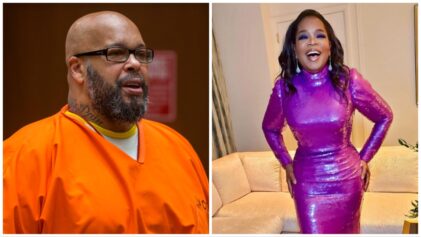I recently visited a friend at her office at a nonprofit organization devoted to bicycling. When I walked into the mailroom, there was a poster of disgraced cyclist Lance Armstrong on a wall in a corner, with a big water cooler in front of it.
At one time, that poster would have been greeted visitors as they walked in the door.
“They don’t even talk about him,” my friend said of her colleagues. “He’s done.”
Armstrong spent years testing the axiom that a lie is as good as the truth if you can get someone to believe it.
Despite questions and whispers about doping, Armstrong continued to deny that he ever used performance-enhancing drugs. For years he seemed to be right. He pointed to a succession of clean drug tests after major events. Sports magazines did spreads about his workouts, what doctors said about his amazing comeback from a near-fatal bout with cancer, his improved lung capacity and his peak-performance body.
Cycling enthusiasts wanted to believe that hard training, close monitoring by physicians, a great diet, and perhaps support from the anti-cancer regimen and his U.S. Postal Service teammates, had all made it possible for Armstrong to take seven Tour de France titles.
Even after the whispers became accusations by former teammates, many asked how it was that Armstrong’s peers, who also admitted doping, weren’t cranking out the same results.
Supporters were looking for plausible deniability on Armstrong’s behalf, much the way a cuckolded spouse wants to look the other way at blatant cheating.
Well, the lie has finally begun to unravel. On Monday, Armstrong apologized to the staff of Livestrong, the cancer foundation he founded. The apology came just hours before he was scheduled to sit down with talk show host Oprah Winfrey and expected to admit publicly that he had indeed doped during his career.
The interview is scheduled to air Thursday on OWN, Winfrey’s cable network.
“He had a private conversation with the staff, who have done the important work of the foundation for many years,” Livestrong spokeswoman Katherine McLane told Reuters.
“It was a very sincere and heartfelt expression of regret over any stress that they’ve suffered over the course of the last few years as a result of the media attention,” she said.
There may be a few folks who still hope he can come up with a story that minimizes his involvement in what the U.S.Anti-Doping Agency described in an October report as the “most sophisticated, professionalized and successful doping program that sport has ever seen.” More likely, however, viewers will be searching his face and eyes during that televised interview to decipher if Armstrong is still lying about what he did, and why he let down legions of fans and supporters.
Often when a star like Armstrong falls from grace, there is a discussion about what to tell young people about their hero. But this time, children are the least of it.
He has tainted a foundation that inspired people to take cancer seriously and donate millions of dollars because Armstrong represented what was possible with the right treatment.
He has made a mockery of the medical field. Doctors worked valiantly to save him and he risked his body and health — not to mention that of his teammates — to win, not realizing he had already done so simply by surviving.
He destroyed hope for many who wanted to believe in the goodness of human nature, who wanted the happy ending that the faith and trust instilled in a public figure was merited.
It will be a true tale of ultimate survival if Armstrong can emerge from this battle with any shred of dignity and integrity.
Jackie Jones, a journalist and journalism educator, is director of the career transformation firm Jones Coaching LLC and author of “Taking Care of the Business of You: 7 Days to Getting Your Career on Track.”


